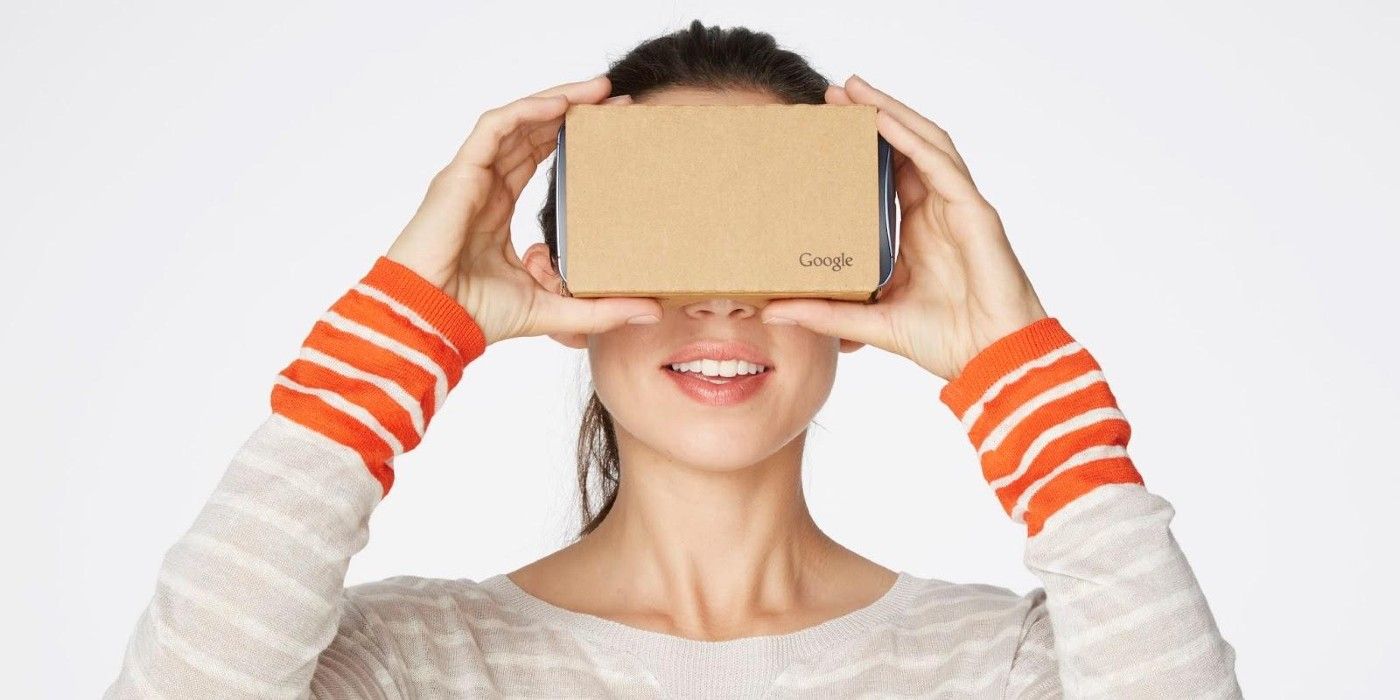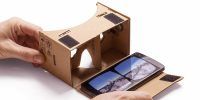Google Cardboard promised a simple Virtual Reality solution that didn't break the bank, costing just $20, presuming that the consumer already had a smartphone. The simple Google Cardboard setup allowed users interested in VR to use the cardboard to fashion a holder that turned a smartphone into the workhorse of the operation.
It was an interesting play from Google to make VR immediately more accessible to a large population without bringing an exorbitant price tag along with it. The minimalist setup worked well enough, although it didn't necessarily manage to turn heads against more refined products such as the Oculus series or the Valve Index. The project was brought to an open-source platform, where it remains, yet the good news ultimately ends there.
The Google VR is now no longer to be sold, marking the product as dead (sans the open-source availability) and with it, the last consumer-facing VR product from Google. The Google Cardboard worked with both iOS and Android devices, allowing users to place their phone within the cardboard device in landscape mode. The device would play two separate images, in tandem, to both eyepieces independently to mimic the standard VR experience, while accelerometers offered three degrees of freedom for users.
While Google never achieved an ideal level of adoption with the Google Cardboard, that doesn't necessarily make the project as a whole one of failure. Google successfully brought the VR pricepoint to a previously unheard of level by taking advantage of devices that consumers already had. This allowed the VR technology to increase in popularity, or at the very least, be understood by a large number of people that held any interest in understanding it.
One could also attribute the creation of Nintendo Labo products, devices that are crafted from strong cardboard to offer unique situations of play with the Nintendo Switch, directly to the success of Google Cardboard. It used a product typically associated with waste and offered unique opportunities to consumers. For what Google set out to achieve, it succeeded in leaps and bounds, and that's a positive closing note for the consumer device.
Source: ArsTechnica


